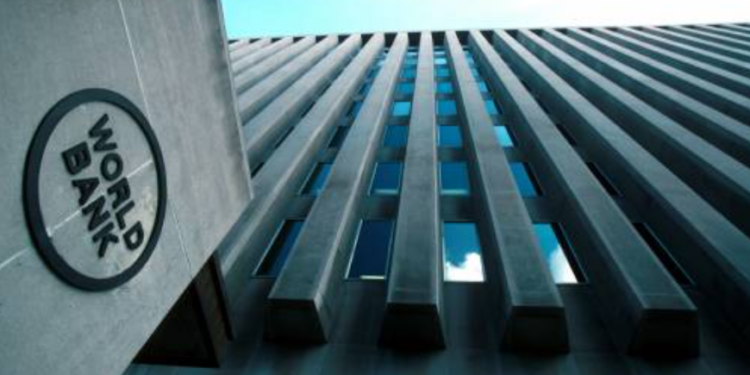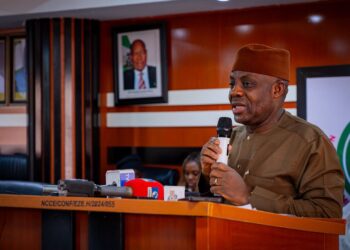About 99.9% of targeted poor and vulnerable households are yet to get the Federal Government’s recently launched cash transfer of N25,000 per month.
This is according to data from the World Bank’s Lead Economist for Nigeria, Alex Sienaert, during his presentation of the Nigeria Development Update (NDU), December 2023 edition last week in Abuja.
According to his presentation document, the Federal Government plans to make cash transfers to low-income households, paying N25,000 per month for three months.
With $800 million in loan support from the World Bank, the Conditional Cash Transfer Program was launched on October 17, 2023, by President Bola Tinubu.
This program aims to cover 15 million poor, near-poor, and vulnerable households living on less than N75000 per month in Nigeria
However, Sienaert disclosed that
- “Currently 1.5 million households have received money, and the program is expected to reach 5 million households by the end of December.”
With only 1.5 million households paid out of the targeted 15 million, it means that payment has been made to only 0.1% of the projected households.
This also means that 99.9% of the targets are yet to get their monthly N25,000 cash transfers despite the overwhelming hardship in the country.
The elimination of fuel subsidies and other recent policies have had a disproportionate impact on Nigeria’s poor and vulnerable, who stand to benefit greatly from a monthly cash transfer system that the Federal Government intends to fund with the World Bank loan.
The lack of NIN might have excluded many poor households
Nairametrics earlier reported that a significant number of poor and vulnerable people may be excluded from the Federal Government’s cash transfer program, as the World Bank disclosed that less than 1% of them have their National Identity Number (NIN).
The target percentage of individuals registered in the National Social Registry with a valid national ID number from the National Identity Management Commission (NIMC) was 20 per cent by June 30, 2022.
However, as of December 31, 2022, only 0.10 per cent of the totally poor and vulnerable Nigerians on the registry had NIN.
It means that out of the 9.67 million (9,666,420) total beneficiaries of this project, only about 9,670 persons have NIN.
According to recent media reports, the Federal Government is reviewing and expanding the National Social Register and will disqualify those without NIN and Bank Verification Numbers (BVN).
There is a likelihood that about 9.66 million poor and vulnerable may be excluded from the registry if they fail to get their NIN.
Stressing the role of NIN in the cash transfer program, the World Bank Lead Economist for Nigeria said in his presentation:
- “Following the launch, the State Social Registers is going through a robust verification process led by the Federal Ministry of Humanitarian Affairs and Poverty Alleviation, in conjunction with the State governments.
- “Beneficiaries will be supported to enrol for the NIN during the verification process to expand the coverage and use of the national identity number.”
It is, therefore, not surprising that the Central Bank of Nigeria (CBN) recently announced that all bank accounts without BVN and NIN will be placed on “Post no Debit” effective April 2024.
The apex bank also stated that all the BVN or NIN attached to and/or associated with accounts or wallets must be electronically revalidated by January 31, 2024.
According to the CBN, this move is an effort to promote financial stability in the country.

























It’s all scams. Do we have data, how do you separate the poor?
So far the funds have not been siphoned. Recall this was the same funds that was being wasted under Buhari administration, which they called market money. Yemi Osiibajo.busied himself distributing money in markets as if there was no better way to do not. Let us assume it is documentation that is slowing the implementation. We were told that many of the beneficiaries do not have bank account or NIN or BVN. Please the funds should not be looted